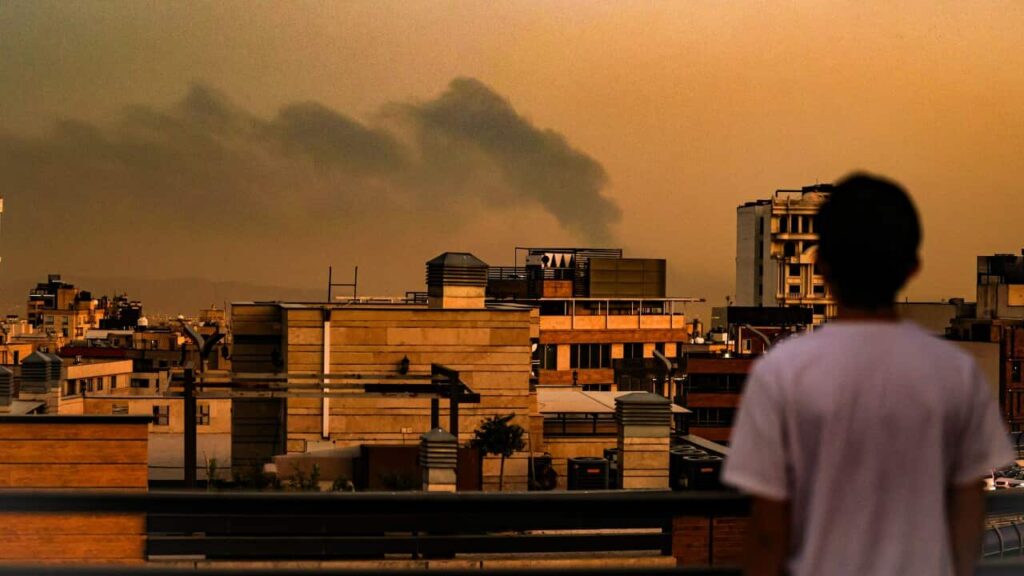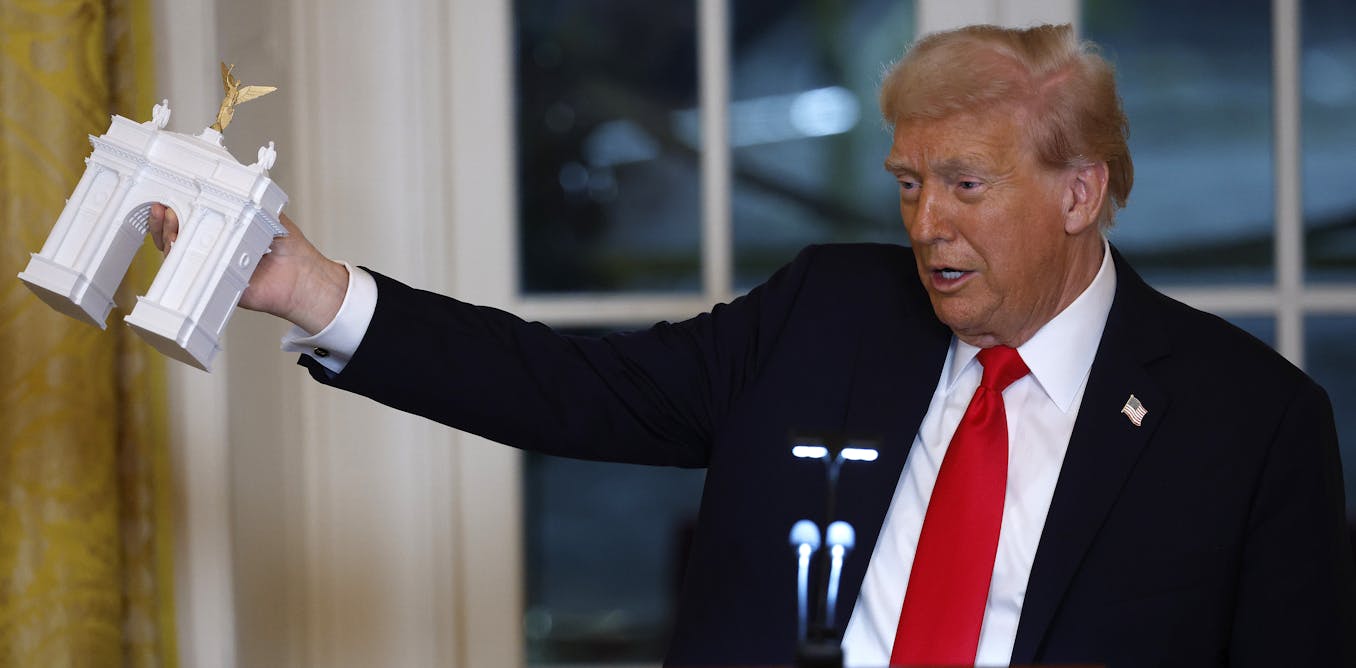
The sound of airstrikes may have quieted between Iran and Israel under a fragile ceasefire, but within Iran, a different kind of conflict appears to be escalating. Activists inside the country warn of an internal “war” against its own citizens, as the government allegedly intensifies its crackdown on dissent.
“As usual, the Islamic Republic lost on the battlefield to another force and is taking revenge on us, the people,” an activist in Tehran, who requested anonymity, told SBS News. Reports indicate a surge in arrests, with many detained without clear cause. Some have been released, but many remain in custody with little information available about their status.
Escalating Repression
Iranian media has reported a series of arrests and executions of citizens following the recent conflict with Israel. Just two days after the June 13 attacks, Iran’s judiciary head instructed officials to punish those deemed threats to “security and peace,” whether physical or psychological. This directive has been keenly felt by activists.
“Over the past 12 days, the only thing in Iran that hasn’t been shut down is the execution of Iranian citizens,” another activist, also anonymous, told SBS News. The regime, they claim, is shifting blame for security failures onto the populace, labeling dissenters as “infiltrators” or “domestic spies.”
According to Fars News agency, at least 700 people were arrested in the past 12 days for alleged collaboration with Israel. Six individuals have reportedly been executed, accused of “spying for Israel,” with some already on death row before the conflict started.
International Concerns and Activist Support
Ehsan Hakimi, an Iranian-Australian anti-regime activist, has been in contact with activists in Iran to support their push for regime change. He reports a wave of arrests aimed at intimidating activists and preventing protests.
“They are trying to convince them that we’re monitoring you,” Hakimi told SBS News. “They want to prevent them from connecting, uniting, and demonstrating against the regime, which is currently in a weakened state.”
Amnesty International has voiced concerns over arbitrary executions of those accused of espionage for Israel. Kyinzom Dhongdue, advocacy manager at Amnesty International Australia, criticized the lack of fair trials and transparency in Iran’s Revolutionary Courts.
“The government is weaponising the death penalty to instil fear and stifle dissent during these tense times in Iran,” Dhongdue said. “The death penalty is used by very repressive governments, and espionage charges are often based on vague national security terms.”
Historical Parallels and Future Implications
Kylie Moore-Gilbert, a research fellow at Macquarie University who spent two years imprisoned in Iran, expressed concerns about increased domestic suppression. “When the bombs stop falling, the regime will likely turn its attention to domestic dissent,” she told SBS News.
Moore-Gilbert, who was convicted of spying in 2018, warned of potential retribution against those perceived as insufficiently supportive during the conflict. “I think everybody’s in danger in Iran at the moment, including regime supporters, due to the paranoia that will ensue within those ranks,” she added.
As Iran updates its espionage laws, the regime appears to be preparing for a more stringent crackdown. Asghar Jahangir, a judiciary spokesperson, noted that the current laws may not adequately address contemporary threats, suggesting harsher penalties for perceived infiltrators.
“A plan has been envisaged whereby infiltrators who tried to play on enemy territory during these times will be dealt with exemplary punishments,” Jahangir stated.
Looking Ahead
In the wake of these developments, the international community remains watchful. Amnesty International has called on Iranian authorities to halt executions, particularly for those at imminent risk. Meanwhile, activists inside Iran brace for what may come next.
In a message to SBS News, an anonymous activist reflected on the situation: “In authoritarian systems, wars are neither started by the will of the people nor sustained with their consent. Yet they are always settled with their lives, their bread, and the future of the nation.”
The coming days and weeks in Iran are likely to be marked by heightened anxiety and uncertainty as the government seeks to consolidate power amidst internal and external pressures.







